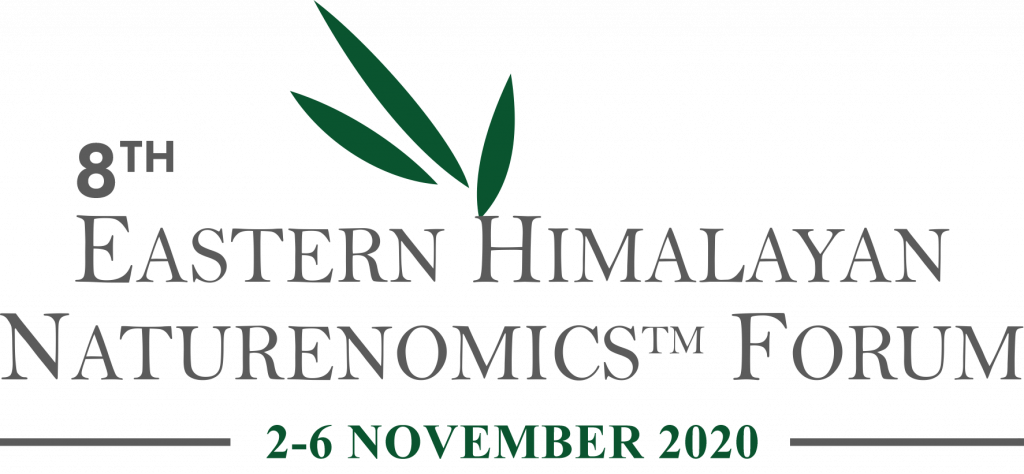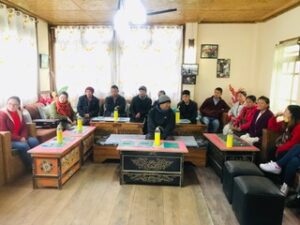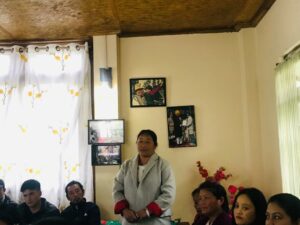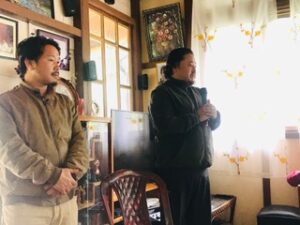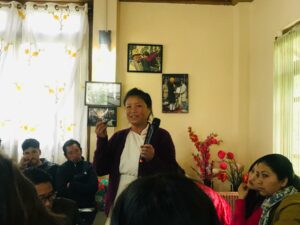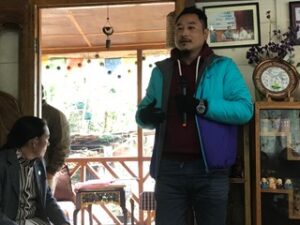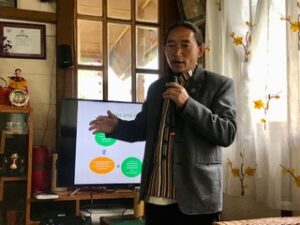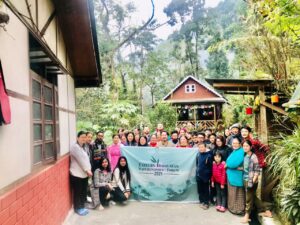Eastern Himalayan Rural Futures®:
Ecology for the New Economy
creating a Naturenomics™ Agenda – Ecology for the New Economy
THEME : Incorporating Cultural Perspectives to Build on Existing Ecosystems for the Indigenous Communities of Sikkim
About
The Eastern Himalayan communities have the opportunity to tackle ecological crisis and catalyze green growth, but only if we can act courageously and swiftly – and with an eye on the future and its high-intensity risks. coordinated action by world leaders, communities, business, academics with global, multi stakeholder cooperation – at an exceptional scale and speed – can potentially mitigate the risk and lead towards ‘Ecology in the New Economy’.
The third regional series of Eastern Himalayan NaturenomicsTM Forum 2021 was successfully hosted at Mayallyang Homestay of Passingdang village in Dzongu – the land of Lepchas. The primary theme of the forum was ‘Incorporating Cultural Perspectives to Build on Existing Ecosystems for the Indigenous Communities of Sikkim’.
The Dzongu valley in north Sikkim, spreading over 15, 846 ha inhabits the largest population of the Lepcha tribe. The Lepchas of Dzongu valley, an isolated forest dweller, living harmoniously with nature over centuries, have accumulated a vast understanding on the use pattern of various wild products of the area.
The Lepcha history and culture is intricately woven into its natural environment: the mountains, rivers, lakes and forests, especially those of Dzongu. The river Teesta, its tributaries, each hill and rock comes alive with a story that makes it seem like it always was like a human life form but has only now decided to keep silent.
The elders narrate these legends believing that there are deities that reside in the rivers, forests, springs, lakes or hills and that they still exist to guide and protect every member of the tribe and would avenge any harm to nature or to the tribe if it ever occurred.
While the big development projects continue to threaten the eco cultural landscape of North –Sikkim including Dzongu that constitutes a total forest cover of 699 sq. km, revival of the connections between nature and people have become even more critical.
Key Higlights
A platform that brought together indigenous communities, their voices & narratives towards creating social – economic – environmental impacts for a sustainable future – 40 participants – community members, farmers, SHG Group members, activists, students, entrepreneurs, academicians from Dzongu, Sikkim and Darjeeling
An overview on how cultural practices play an integral role towards restoration of the environment, preserving the rivers and the managing the ecosystem
An insight into the lives of Lepcha communities in Dzongu: history, tradition, culture, co-existence with nature , environmental challenges and concerns.
Reflected on case studies from the grassroots that has supported community livelihoods, and has empowered ingenious members.
The clash between people and ‘development’ is threatening the people, ecology, and a culture that is both ancient and valued
The short-sighted degradation of the environment will affect everyone, and will undermine the economic foundation of the entire society. Perhaps it will even destroy the ability of humans to survive.

